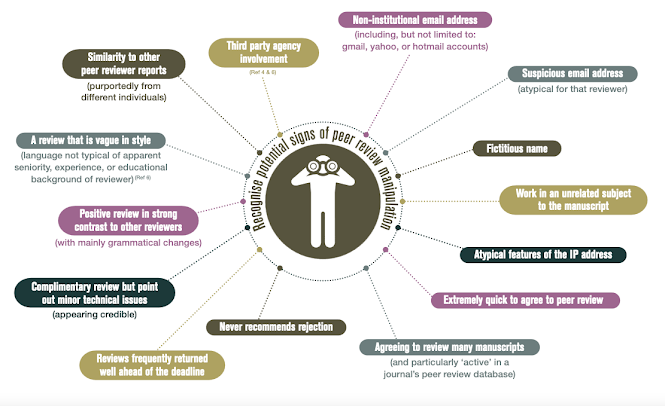Back to school

Why are abstracts so important? A lot can be gleaned from the title and abstract . Most readers only go through the first page to gauge whether an article is of interest to them. ➜ These sections are therefore critical. The abstract should clearly describe the main idea of the article; however, in papers "produced" by papermills , the abstract often does not match what is represented in the title. Other times, authors add keywords to titles/abstracts ( keyword stuffing ) to pass scope checks, but the actual content of the article is unrelated to the keywords. These discrepancies are even the main cause for declarations of concern by publishers. It is increasingly difficult to discern reality from fiction. A lot of this is caused by the ever increasing rise in submitted papers and lack of formal standards or guidelines for peer review. Moreover, the notion of reviewing as a professional obligation fails to sufficiently recognize or reward the burden it imposes. The rest


